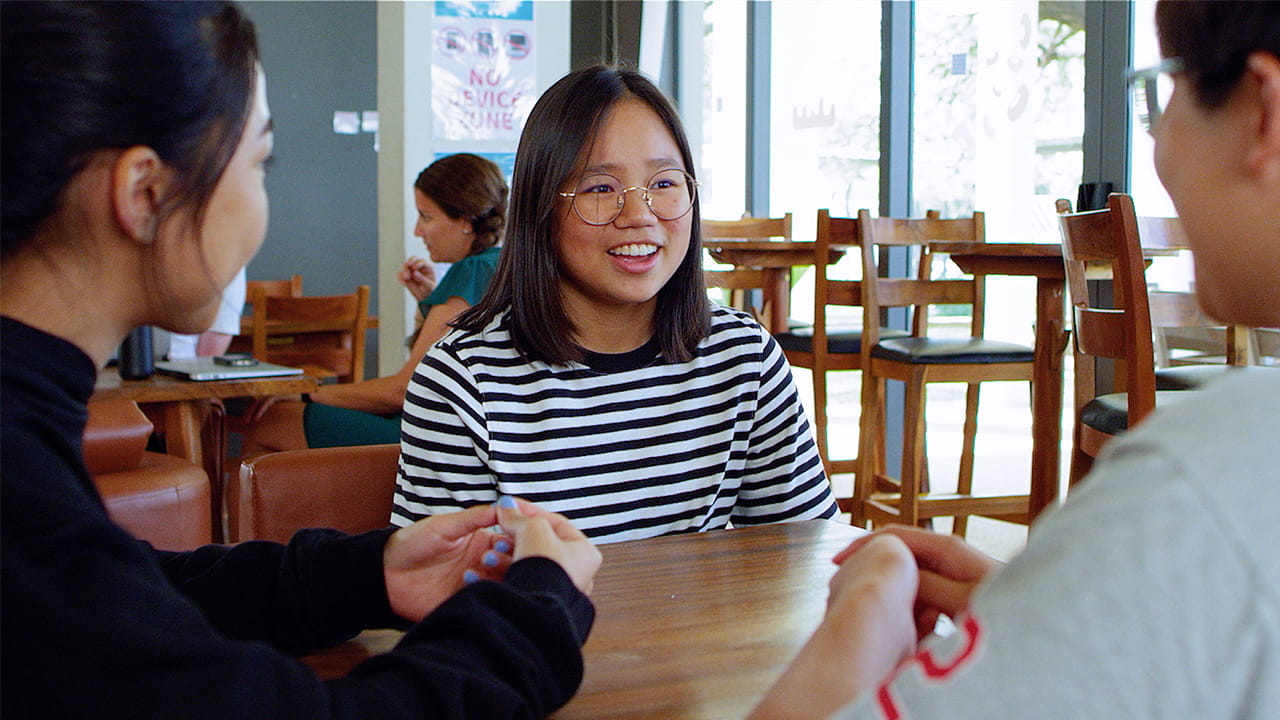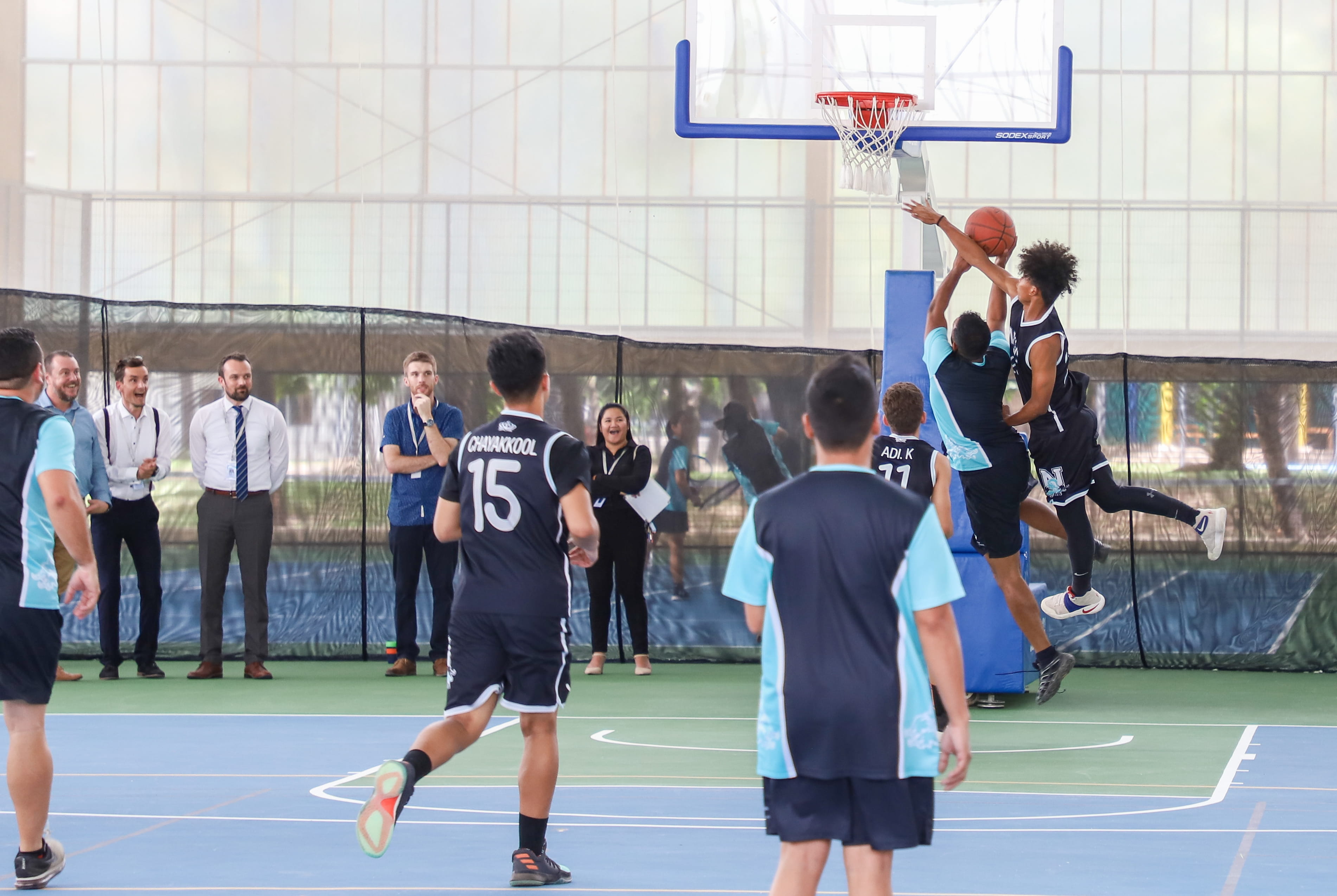We use cookies to improve your online experiences. To learn more and choose your cookies options, please refer to our cookie policy.
- Discover more
- Parent Essentials
- News
- Calendar
- Apply now
- Discover more
- Parent Essentials
- News
- Calendar
- Apply now

By the time this post is published, most students at Northbridge International School Cambodia will have finished their Semester 1 summative assessment tasks and will possibly have some results and feedback already.
Firstly, well done on getting through it all in what has been a rather tumultuous semester where we have all needed to demonstrate our flexibility, adaptability and resilience. I understand that there is a strong temptation to settle into holiday mode already, however, for anyone looking to improve their grades or the quality of their work, now is the time to start looking at ways to do that.
It is useful to keep in mind that academic progress and success is similar to athletic or musical skills. You will not be able to run a marathon or perform a concerto (or get through a summative period) without training and practising extensively first. And, as the adage goes, practice makes perfect — well, maybe just better. Because language is my area of specialisation, here are a few strategies and practices that you can start implementing that can help with your language across a range of subject areas.

Building your vocabulary is a great way to make yourself sound more knowledgeable and academic. It also helps you differentiate between the nuances of different terms so you can be more precise in what you say. While I have known students in the past who literally read the dictionary for fun, this is not something that most people would enjoy doing, nor is it necessarily an effectual strategy to expand your vocabulary. Experts in the field typically agree that you need to use a word at least 10 to 15 times before it permanently becomes part of your vocabulary, and inundating yourself with too many new words or too much information will perhaps hinder the opportunity for deeper learning and understanding.
Before you completely rule dictionaries out, they do offer some benefits. Many dictionary apps and websites release a ‘Word of the Day’, usually what we would consider a ‘big word’, that is, not typically used in everyday conversation. You might feel as though I’m bloviating a little in this post — bloviate is a word that I learned from a ‘Word of the Day’ (side note: I have intentionally used a wide range of more challenging words in this post, hopefully encouraging you to find out what they mean and perhaps start using them).
One of my favourite subfields within linguistics is called etymology, which is the study of word history. In my preferred dictionary app, each definition includes a breakdown of where the word comes from and the meanings of the original parts. Knowing the Greek or Latin roots of the words can often help when interpreting new vocabulary.
Expanding your understanding of affixes is a great way to learn how to interpret and/or build new words. Affixes are prefixes or suffixes added to a root word to either change the meaning (e.g. positive to negative using un-, dis-, etc.) or the part of speech (e.g. noun to verb using -ation, ness, etc.). Had you realised the linguistic connection between section, bisect, dissect, sector and so on?

If you know that -ify is used to change a noun or adjective to a verb, particularly with the meaning “to make noun/adjective”, you can make connections between, say, diverse and diversify, or beauty and beautify. You can use this practice to even break down what is considered to be the longest word in the English language, ‘antidisestablishmentarianism’.
One of the best ways to expand your vocabulary is by observing words in their natural habitat, that is, reading, listening or viewing them in context. Reading is typically the most useful: because you will be more likely to have to reproduce words in written form, being able to visualise the spelling and grammatical context of the word is beneficial.

Both fiction and nonfiction are helpful, as long as you keep in mind where you are likely to encounter the types of words you want to learn (e.g. if you’re trying to learn better words to talk about economics or astrophysics, novels might not be the most useful source). Watching movies or videos and listening to podcasts or audiobooks are also conducive to developing your lexicon, particularly if you find someone whose style you would like to emulate.
Improving writing is often done through extensive reading of others’ high quality writing. Being able to implicitly or explicitly identify good phrasing and ways to express ideas can help you enhance your own writing. For the actual writing process, it helps to recognise that perfection very rarely occurs on the first attempt. Professional writers have their work pored over and corrected by editors, both to identify typos, spelling or grammar errors, as well as to hone and improve ideas.

Students should develop their self-editing skills and always take the time to reread their work carefully before submitting it. While not always possible in the classroom, especially during exams, I recommend carefully reading your work aloud. You might not always see an awkward sentence construction, but you will usually be able to hear it. Try not to start every sentence the same way. Look for areas where you’ve been repetitive, either using the same words too closely together, or overstating your ideas. And again, remember that writing skill is like a muscle: it needs to be exercised (practised) in order to develop.
These ideas may not directly assist you in acquiring the content knowledge within all your subjects. However, because most summatives and class work require you to communicate your understanding, I hope this can enable you to find ways to more effectively demonstrate your thinking, and perhaps even help you better access what you are learning for further academic success in 2021.